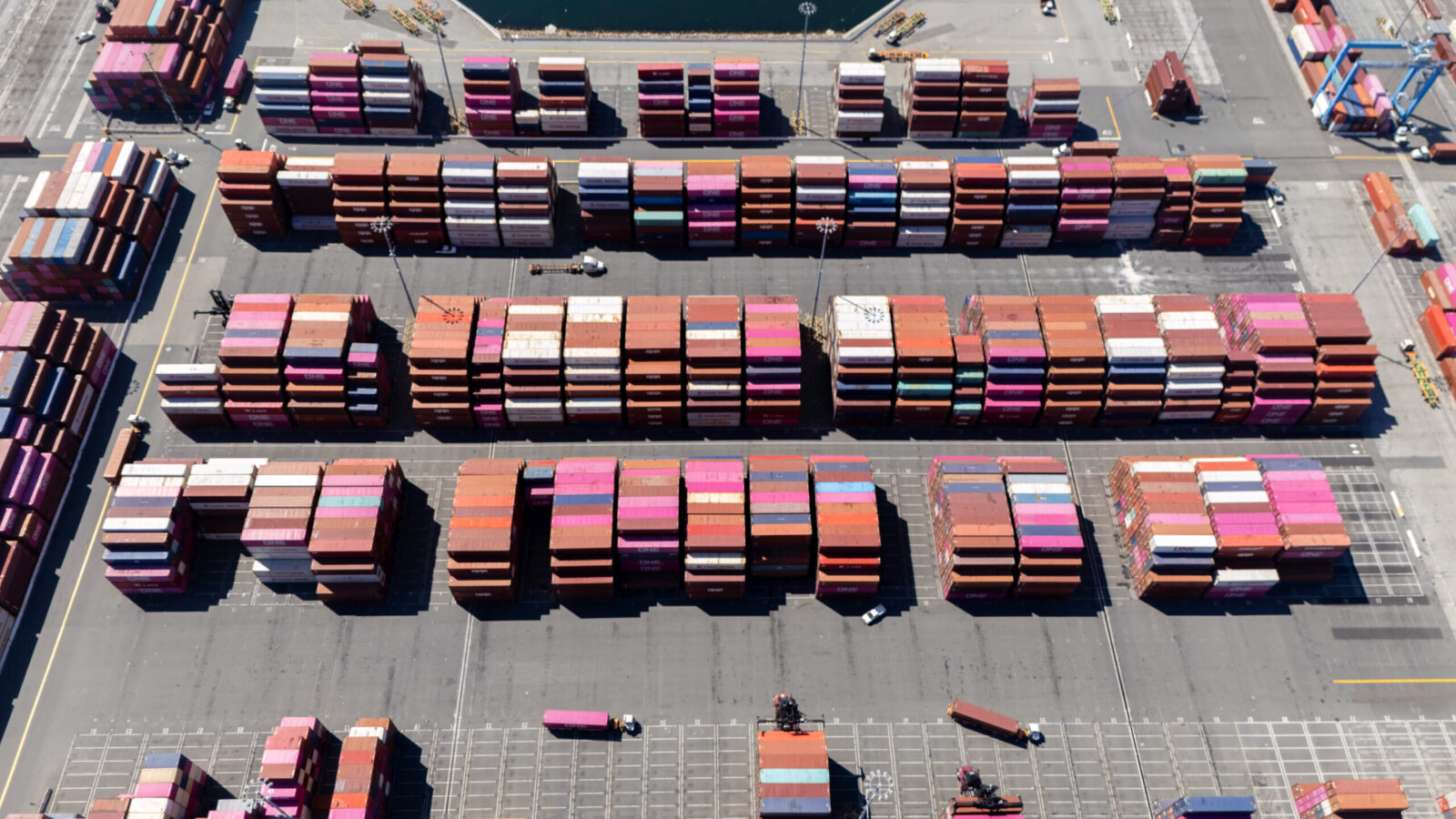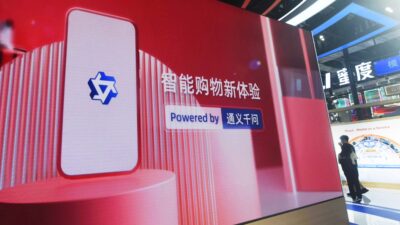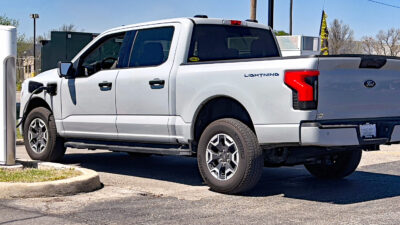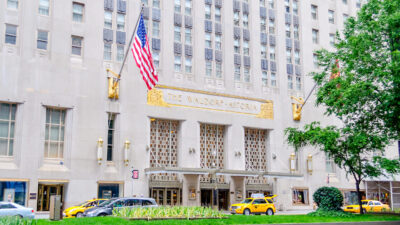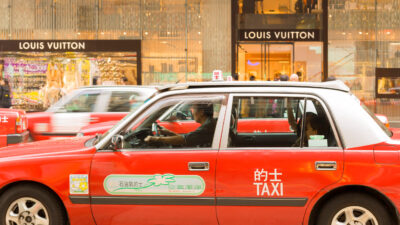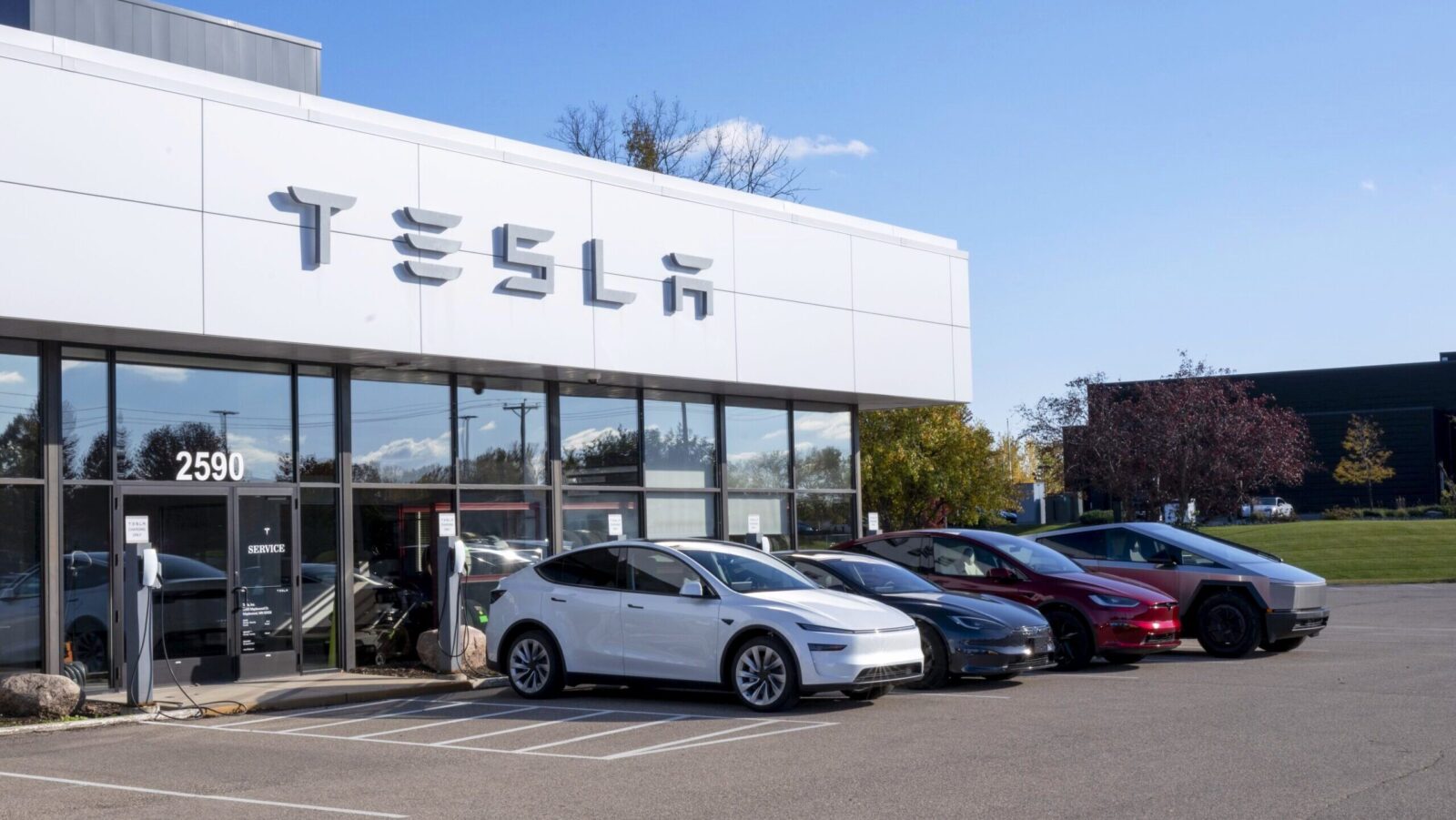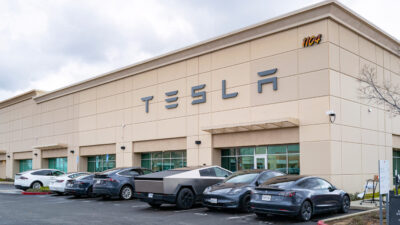CATL Comes Fully Charged in Hong Kong Debut
CATL — blacklisted by the US Department of Defense in January for alleged ties to the Chinese military — pulled off the best IPO of the year.
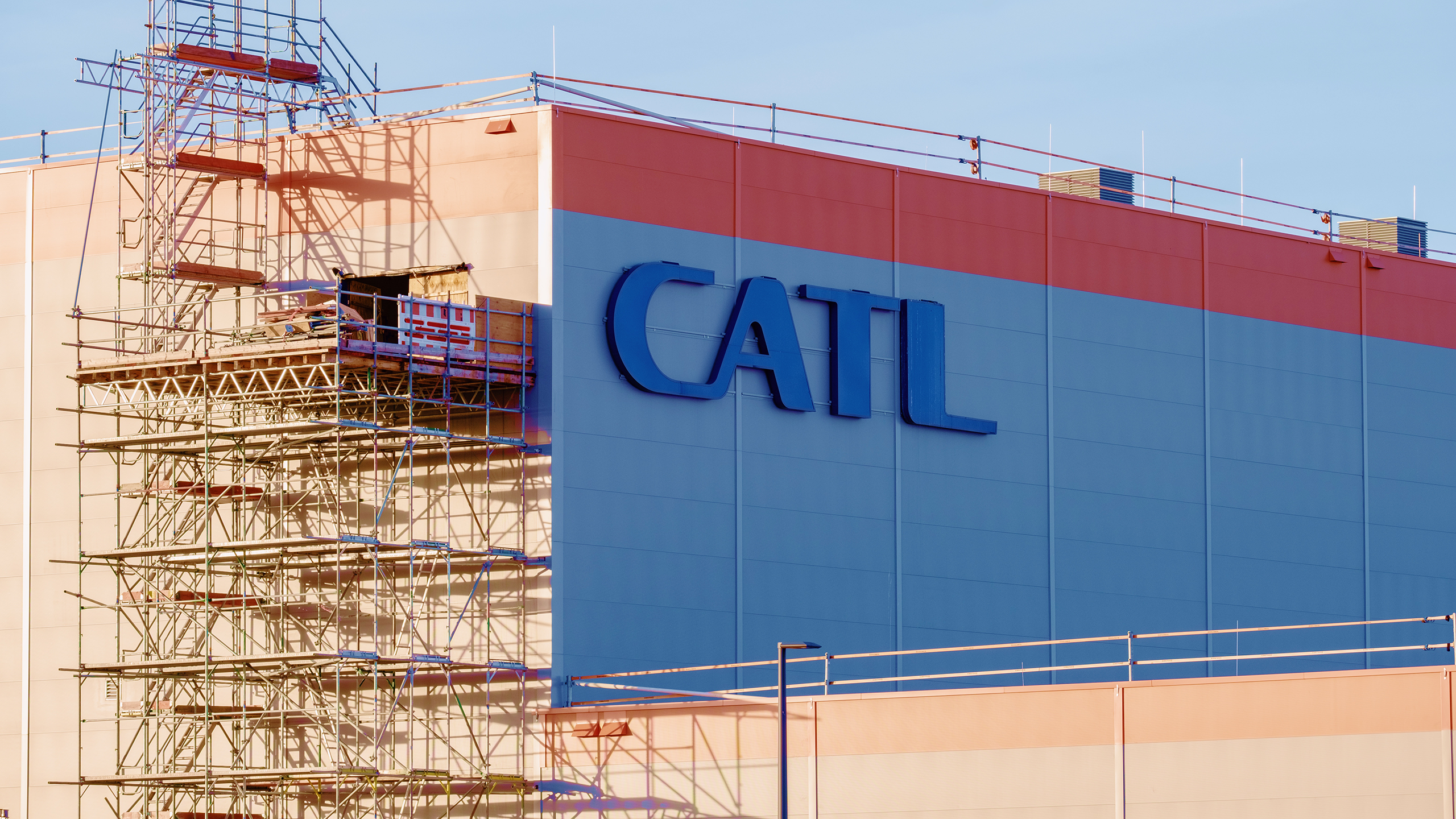
Sign up for smart news, insights, and analysis on the biggest financial stories of the day.
Like ’90s teens snatching up any and every CD bearing the too-cool-for-school “parental advisory” sticker, it seems a Pentagon blacklisting only makes a company more attractive to investors.
Chinese electric battery maker CATL — flagged by the US Department of Defense in January for alleged ties to the Chinese military — pulled off the best market debut performance of the year on Tuesday, with shares jumping more than 16% in its Hong Kong IPO. As always, it’s the forbidden fruit that’s the most desirable.
CATL Call
To be fair, the Pentagon blacklisting didn’t mean much to begin with — carrying no sanctions or other formal restrictions and designed simply to discourage firms from doing business with the company. CATL vehemently denied connections to the People’s Liberation Army, and US firms seemed happy to take their word for it. Tesla and Ford remain top customers of the battery supplier, and both JPMorgan and Bank of America served as joint sponsors of the listing despite pleas from a US congressional committee to sever ties.
Investors don’t seem to care about the warning label either. In fact, as they look to put their money anywhere other than a US equities market that suddenly looks bloated and unstable, the red flag may have looked more like something of a green light:
- “We are in this kind of unique scenario, where you have a well-known company issuing new shares, also at a time when you have a macro factor where investors want to diversify away from the US dollar-related assets,” Jason Lui, BNP Paribas’ head of Asia-Pacific equity and derivative strategy, told the Financial Times.
- CATL, to be sure, has the fundamentals to back up its stock performance: The company has a market share of around 38%, according to SNE Research, roughly double the next closest competitor, and last year generated $7 billion of profit on $50 billion in sales. The company has already said it intends to use some of the funds raised from the IPO to dramatically expand its production and sales outside of China; earlier this year, it wowed with a new battery it says can fully recharge in just a few minutes.
H-Sharing is Caring: CATL, which has traded on the Shenzhen stock exchange since 2018, is helping fuel a $22 billion surge in listings in Hong Kong this year. Chinese firms have increasingly tapped both exchanges, though they typically price their Hong Kong “H-shares” at a roughly 25% discount to their Shenzhen “A-shares” to entice more buyers. CATL, however, listed its H-shares at a much slimmer discount than usual. Trading at HK$306.20 at the closing bell on Tuesday, the H-shares reached a price 1.2% higher than CATL’s A-shares. “For the H-shares to be trading above the A-shares just shows how exceptional the demand is for this company, particularly from global investors,” Bernstein senior research analyst Neil Beveridge told CNBC.
